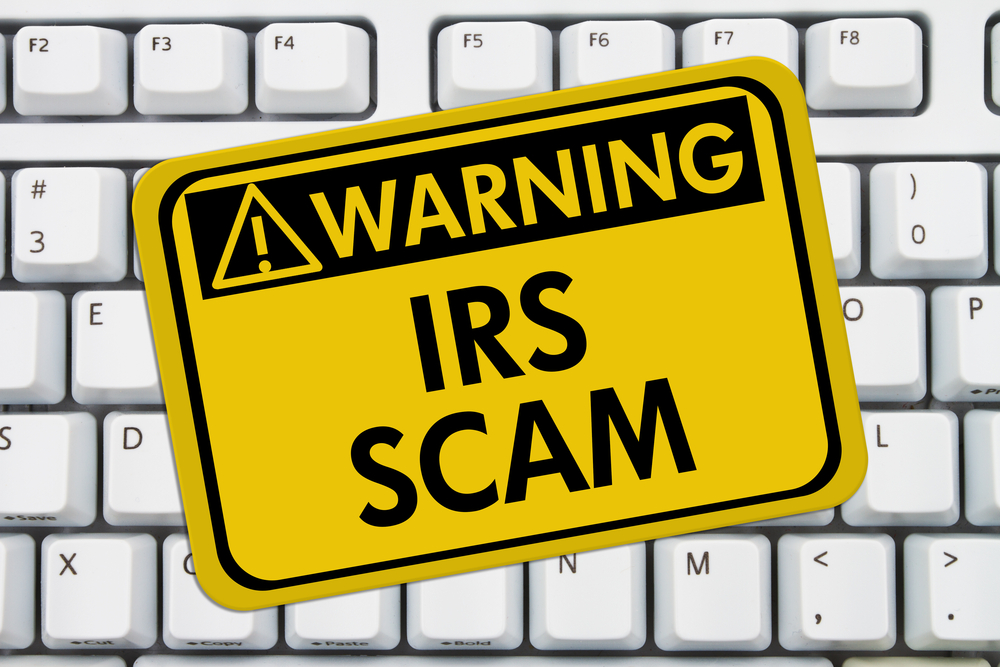

 In a recent press release, the Internal Revenue Service (IRS) has issued an alert to businesses and tax-exempt organizations regarding misleading employee retention scams. With the COVID-19 pandemic impacting businesses globally, various relief measures have been implemented, including the Employee Retention Credit (ERC). Unfortunately, scammers are taking advantage of these programs, making it crucial for businesses to be aware of the warning signs and follow proper procedures to avoid improperly filing claims. In this blog post, we will delve into the details provided by the IRS and explore simple steps that businesses can take to protect themselves from falling victim to fraudulent schemes.
In a recent press release, the Internal Revenue Service (IRS) has issued an alert to businesses and tax-exempt organizations regarding misleading employee retention scams. With the COVID-19 pandemic impacting businesses globally, various relief measures have been implemented, including the Employee Retention Credit (ERC). Unfortunately, scammers are taking advantage of these programs, making it crucial for businesses to be aware of the warning signs and follow proper procedures to avoid improperly filing claims. In this blog post, we will delve into the details provided by the IRS and explore simple steps that businesses can take to protect themselves from falling victim to fraudulent schemes.
Understanding the Employee Retention Credit (ERC)
The Employee Retention Credit (ERC) was introduced as part of the Coronavirus Aid, Relief, and Economic Security (CARES) Act in 2020 to provide financial relief to businesses affected by the pandemic. The ERC allows eligible businesses to claim a refundable tax credit against certain employment taxes for retaining employees during periods of significant revenue loss.
Warning Signs of Misleading Scams
Scammers have been utilizing the promise of tax credits to collect valuable business information that can be used to defraud victims. While the ERC is a legitimate tax credit, recognizing whether communications about the credit are coming from the IRS or from a scammer can be difficult. Common tactics for scamming business owners often involve posing as an organization that can help you to claim the ERC for your business. The IRS has identified several red flags that can help businesses recognize potential scams:
Protecting Your Business
To safeguard your business from falling victim to misleading employee retention scams, the IRS recommends taking the following steps:
As businesses navigate the ongoing challenges brought on by the COVID-19 pandemic, it is unfortunate that opportunistic scammers seek to exploit the Employee Retention Credit program. By being aware of the warning signs and taking proactive measures, businesses can protect themselves from falling victim to misleading employee retention scams. Stay informed, engage trusted professionals, safeguard personal information, and promptly report any suspicious activities to the IRS.
If you’re uncertain whether or not your business qualifies for the ERC, we encourage you to reach out to a verified and trusted tax preparer. Contact Demian & Company CPAs today to schedule a consultation with one of our tax experts. Together, we can ensure that legitimate relief programs benefit those who truly need them, while deterring fraud and protecting businesses from financial harm.
Article provided by: